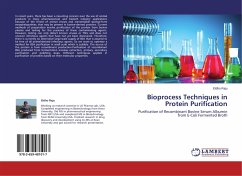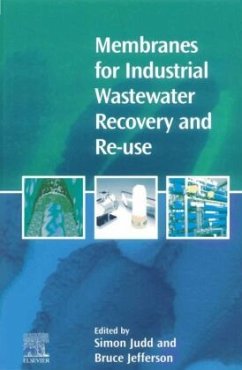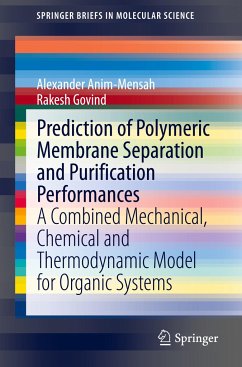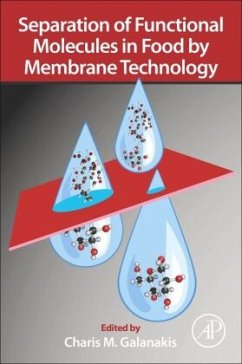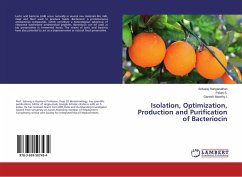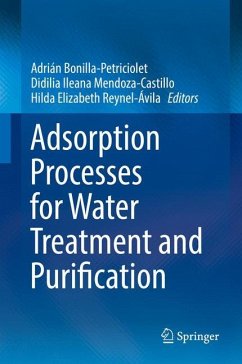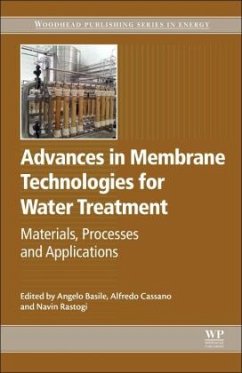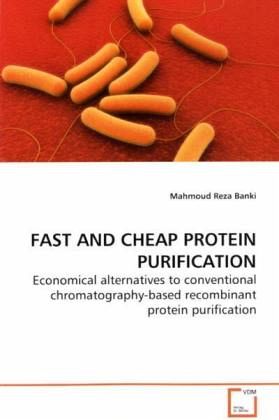
FAST AND CHEAP PROTEIN PURIFICATION
Economical alternatives to conventional chromatography-based recombinant protein purification
Versandkostenfrei!
Versandfertig in 6-10 Tagen
39,99 €
inkl. MwSt.

PAYBACK Punkte
20 °P sammeln!
Two naturally produced in vivo affinity resin substitutes have been combined with a self-cleaving tag to develop two novel affinity-based purification technologies. The first resin alternative is polyhydroxybutyrate (PHB) granules and the second is elastin-like polypeptides (ELP). An engineered tripartite protein fusion is expressed in E. coli and purified through simple centrifugation. The intein self-cleaving tag then releases the target protein with a mild pH shift.The two systems have been successfully used at laboratory scale to purify more than a dozen proteins varying in size, complexit...
Two naturally produced in vivo affinity resin
substitutes have been combined with a self-cleaving
tag to develop two novel affinity-based purification
technologies. The first resin alternative is
polyhydroxybutyrate (PHB) granules and the second is
elastin-like polypeptides (ELP). An engineered
tripartite protein fusion is expressed in E. coli
and purified through simple centrifugation. The
intein self-cleaving tag then releases the target
protein with a mild pH shift.
The two systems have been successfully used at
laboratory scale to purify more than a dozen
proteins varying in size, complexity and activity,
demonstrating the proof of principle, high purity
and yield attainable. Hence, the cost associated
with purification of recombinant proteins is reduced
significantly to effectively that of just the
culture medium. It is expected that this
combination of improved economics and simplicity
will constitute a significant breakthrough in both
large-scale production of purified proteins and
enzymes as well as high-throughput proteomics
studies.
substitutes have been combined with a self-cleaving
tag to develop two novel affinity-based purification
technologies. The first resin alternative is
polyhydroxybutyrate (PHB) granules and the second is
elastin-like polypeptides (ELP). An engineered
tripartite protein fusion is expressed in E. coli
and purified through simple centrifugation. The
intein self-cleaving tag then releases the target
protein with a mild pH shift.
The two systems have been successfully used at
laboratory scale to purify more than a dozen
proteins varying in size, complexity and activity,
demonstrating the proof of principle, high purity
and yield attainable. Hence, the cost associated
with purification of recombinant proteins is reduced
significantly to effectively that of just the
culture medium. It is expected that this
combination of improved economics and simplicity
will constitute a significant breakthrough in both
large-scale production of purified proteins and
enzymes as well as high-throughput proteomics
studies.




